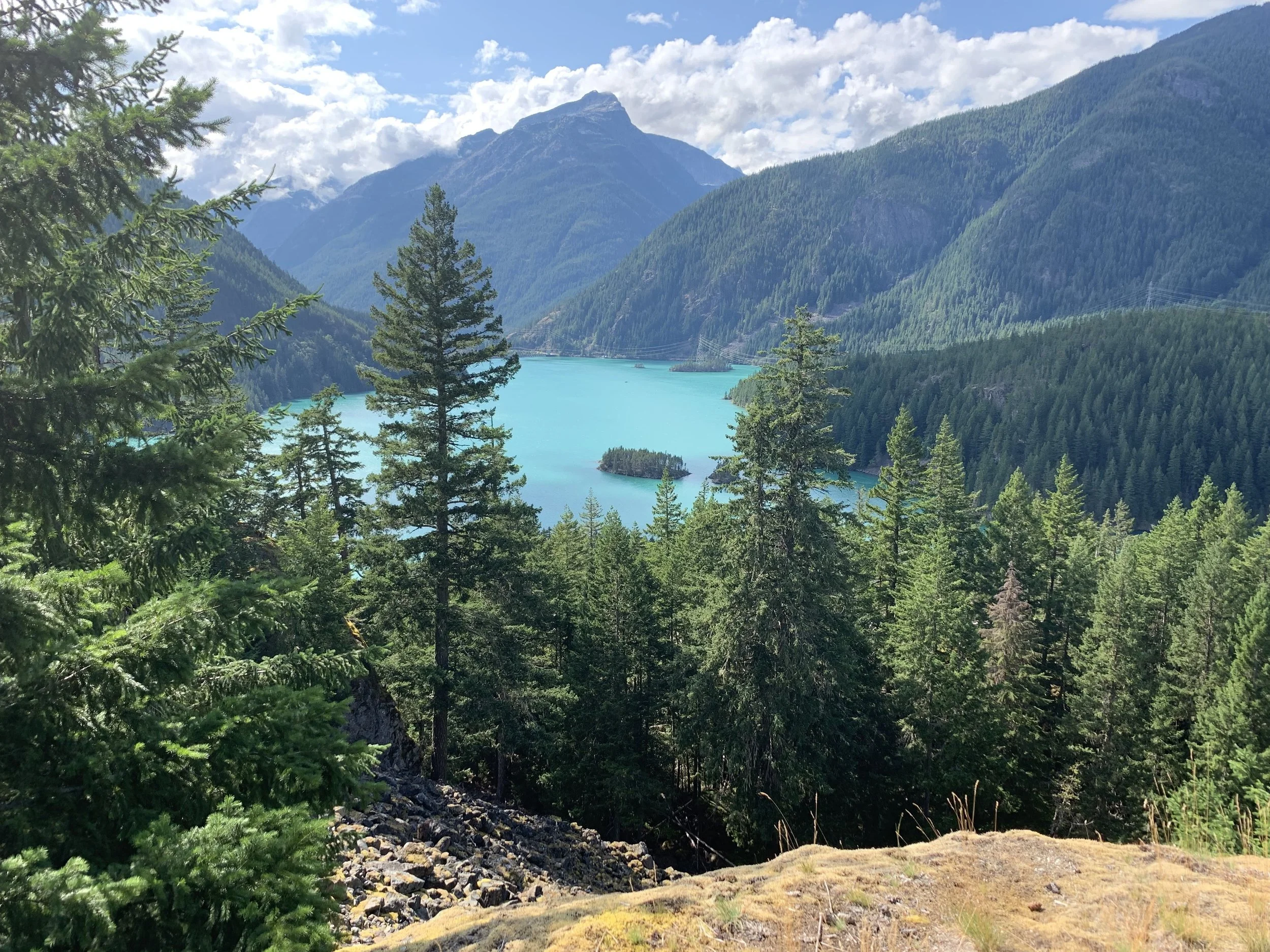Nighttime should be a period of restful rejuvenation for the body and mind. Yet, for many individuals, the tranquility of the night is marred by a persistent discomfort: dryness of the mouth. This seemingly innocuous symptom, often dismissed as a mere inconvenience, can have profound implications on one's sleep quality and overall health. To unravel the enigma of nocturnal mouth dryness, one must delve into its multifaceted causes, ranging from lifestyle habits to underlying medical conditions.
The Role of Saliva Production, Dehydration, and Medications
At the forefront of nocturnal mouth dryness lies a fundamental imbalance in saliva production. Saliva, often dubbed the "unsung hero" of oral health, serves myriad crucial functions, from lubricating the oral cavity to aiding in digestion and maintaining oral hygiene. Yet, when the night falls and the body transitions into a state of rest, this essential fluidity can falter, leaving the mouth parched and devoid of moisture.
One common culprit behind nocturnal mouth dryness is dehydration. Throughout the day, the body loses fluids through various mechanisms, such as sweating and urination. However, inadequate fluid intake or excessive consumption of diuretics like caffeine and alcohol can exacerbate dehydration, leading to diminished saliva production and subsequent dryness of the mouth during sleep. Moreover, certain medications, such as antihistamines (i.e., diphenhydramine or doxylamine) and antidepressants, can also disrupt the body's natural fluid balance, contributing to nocturnal dryness.
Mouth Breathing and Medical Conditions
Furthermore, anatomical factors may play a pivotal role in nocturnal mouth dryness. Individuals who breathe through their mouths during sleep, whether due to nasal congestion or habitual behavior, are more prone to experiencing dryness. Mouth breathing bypasses the nasal passages, which typically humidify and warm incoming air, thus leaving the oral cavity vulnerable to desiccation. Additionally, structural abnormalities such as a deviated septum or enlarged adenoids can impede nasal breathing, exacerbating nocturnal dryness.
Beyond lifestyle habits and anatomical considerations, systemic health conditions may underlie nocturnal mouth dryness. Sjögren's syndrome, an autoimmune disorder characterized by dry eyes and mouth, can manifest nocturnal dryness as a prominent symptom. In this condition, the immune system mistakenly attacks the body's moisture-producing glands, including those responsible for saliva production, leading to chronic oral dryness exacerbated during sleep. Similarly, diabetes mellitus, a metabolic disorder characterized by elevated blood sugar levels, can compromise saliva production through various mechanisms, including neuropathy and reduced salivary gland function. Individuals who have had radiation treatment of their head or neck cancer may have lost the function of their salivary glands, predisposing towards dry mouth.
Moreover, hormonal fluctuations, particularly in women, can influence saliva production and exacerbate nocturnal mouth dryness. Hormonal changes during menstruation, pregnancy, and menopause can alter saliva composition and flow rates, predisposing women to dryness during sleep. Additionally, conditions such as thyroid disorders and hormonal therapies can further disrupt hormonal balance, exacerbating nocturnal dryness.
Psychological factors, such as stress and anxiety, may also contribute to nocturnal mouth dryness. The intricate interplay between the mind and body can disrupt autonomic nervous system function, leading to decreased saliva production and heightened oral dryness during sleep. Furthermore, bruxism, or teeth grinding, often associated with stress and anxiety, can exacerbate nocturnal dryness by increasing oral airflow and evaporation of saliva.
It is important to recognize that mouth breathing, no matter the cause, may be associated not only with dry mouth, but it may also contribute to the risk of snoring and sleep apnea. When the mouth is open, the jaw and tongue can shift back and obstruct the throat. The dryness may disturb airflow further.
The Role of the Bedroom Environment
Environmental factors, including humidity levels and air quality, can profoundly influence nocturnal mouth dryness. Low humidity environments, prevalent in heated or air-conditioned spaces, can desiccate the oral mucosa, exacerbating dryness during sleep. Similarly, exposure to airborne irritants such as smoke and pollutants can trigger inflammatory responses in the oral cavity, further compromising saliva production and exacerbating nocturnal dryness.
Conclusion
In summary, the causes of nocturnal mouth dryness are multifaceted, encompassing myriad physiological, anatomical, systemic, and environmental factors. From lifestyle habits to underlying health conditions, each contributing factor intertwines to disrupt the delicate balance of saliva production, leaving the oral cavity parched and discomforted during sleep. Recognizing the underlying causes of nocturnal dryness is paramount in devising effective management strategies, whether through lifestyle modifications, pharmacological interventions, or targeted medical treatments, to restore moisture and promote restful sleep.
This article was created using OpenAI’s ChatGPT on May 3, 2024 and it was personally reviewed and edited by Brandon Peters, M.D. to ensure its accuracy. This use of augmented intelligence in this way allows the creation of health information that can be trusted.



